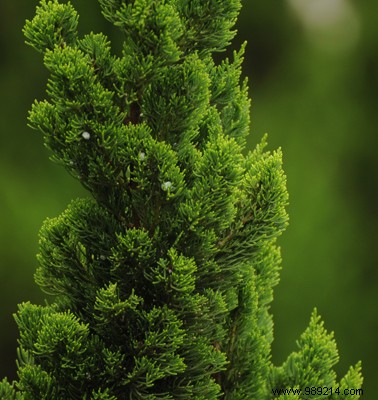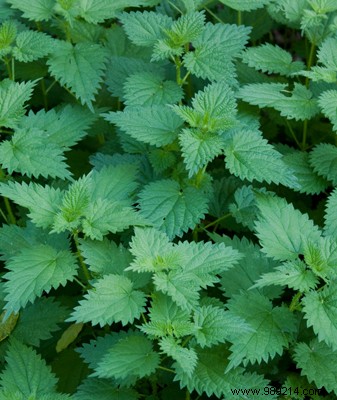 You may have noticed "E.P.S." on the counter of your pharmacy... Indeed, more and more pharmacists are making magistral preparations based on Standardized Plant Extracts (E.P.S.) in pharmacies:what is it and, above all, can we really rely on it and treat yourself with it?
You may have noticed "E.P.S." on the counter of your pharmacy... Indeed, more and more pharmacists are making magistral preparations based on Standardized Plant Extracts (E.P.S.) in pharmacies:what is it and, above all, can we really rely on it and treat yourself with it?
We owe these fluid extracts of standardized fresh plants to Daniel Jean, pharmacologist, who, in the 90s, developed a patented method of extraction called "Phytostandard", which makes it possible to extract all the components of the plant while preserving the all the virtues of its active molecules. To put it simply, the technique consists of freezing the plants at -90°C and grinding them, before carrying out a hydroalcoholic multi-extraction of the molecules then preserved in a sugar-free and alcohol-free glycerine solution.
Of course, this extraction method meets rigorous specifications, which also imposes the organic cultivation of plants. And just like a drug, the National Medicines Safety Agency controls EPS and authorizes their marketing.
EPS benefit from an unstoppable advantage:pharmacists "believe" in them, unlike homeopathy, which leaves a large part of the profession skeptical. Indeed, their training leads them to learn the medicinal properties of plants listed in the French pharmacopoeia. As a result, they are increasingly the ambassadors of PE as alternative and complementary medicine to treat minor daily ailments, soothe stress or even reduce the side effects of heavy treatments.

Today there are 55 EPS which can be combined in a masterly preparation, depending on their virtues, to treat many ailments. This number will most certainly change, but the validation procedure is long since it is subject to numerous checks.
Today, the 55 plants existing in EPS form are:
Alchemilla, Alfalfa, Artichoke, Hawthorn, Oats, Burdock, Bearberry, Cranberry, Caralluma, Blackcurrant, Milk Thistle, Turmeric, Cypress, Desmodium, Echinacea, Eschscholtzia, Fumeterre, Chasteberry, Gentian, Ginkgo biloba, Ginseng, Feverfew , Griffonia, Guarana, Witch Hazel, Hops, Horse Chestnut, Sweet Clover, Lemon Balm, St. John's Wort, Mucuna, Walnut, Olive Tree, Orthosiphon, Nettle P. A. (aerial part), Root Nettle, Passionflower, Wild Pansy, Madagascar Periwinkle, Piloselle, Pine Scots, Dandelion, Ribwort Plantain, Horsetail, Black Radish, Licorice, Meadowsweet, Rhodiola, Clary Sage, Willow, Figwort, Elderberry, Tribulus, Valerian, Red Vine.
If you want to try treating yourself with EPS, ask your pharmacist for advice. Among all the pharmacies in the city of Tours, I had no trouble finding one that could tell me about a preparation against allergic rhinitis and its inconveniences:desmodium, blackcurrant and plantain. 5 ml in a little water morning and evening for 6 days:after 48 hours, I no longer had any symptoms (sneezing, itchy nose, palate, ears, runny nose, stuffy nose... ).
Today there are few books on the subject, but if you want to know more, get the book of the doctor from Grenoble and president of the European Institute of Plant Substances, Eric Lorrain "100 questions on herbal medicine" (La Boétie editions - €12.50).